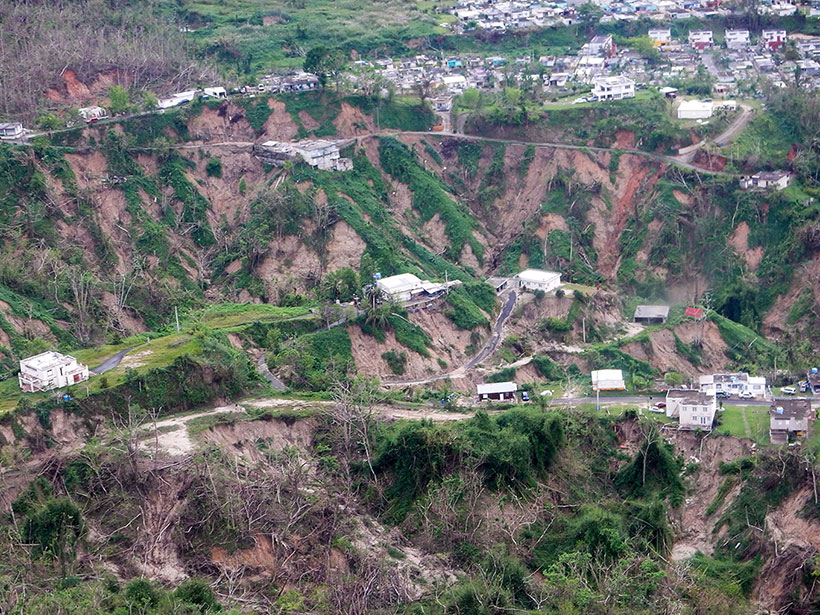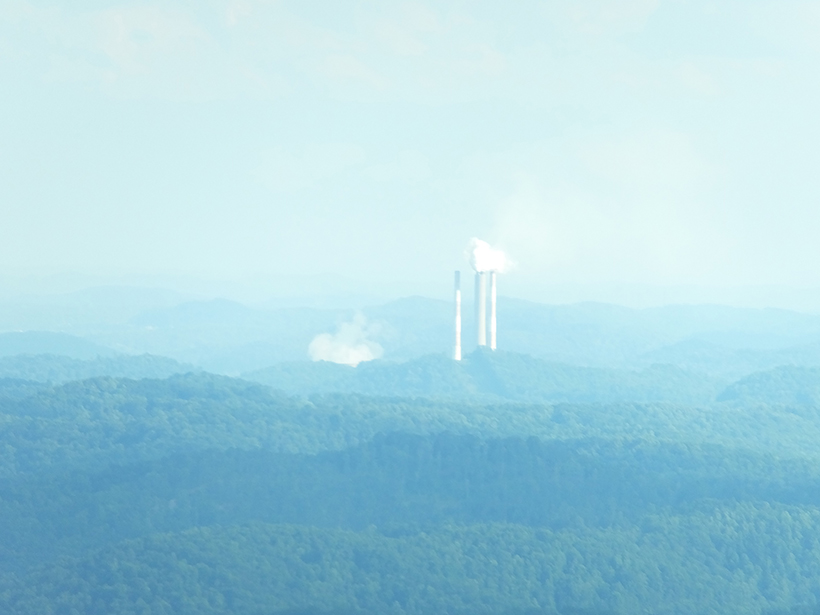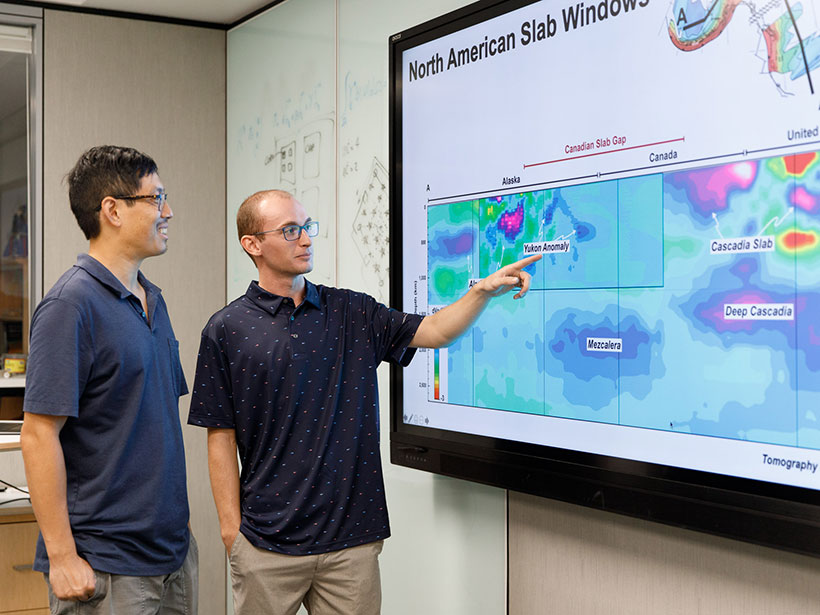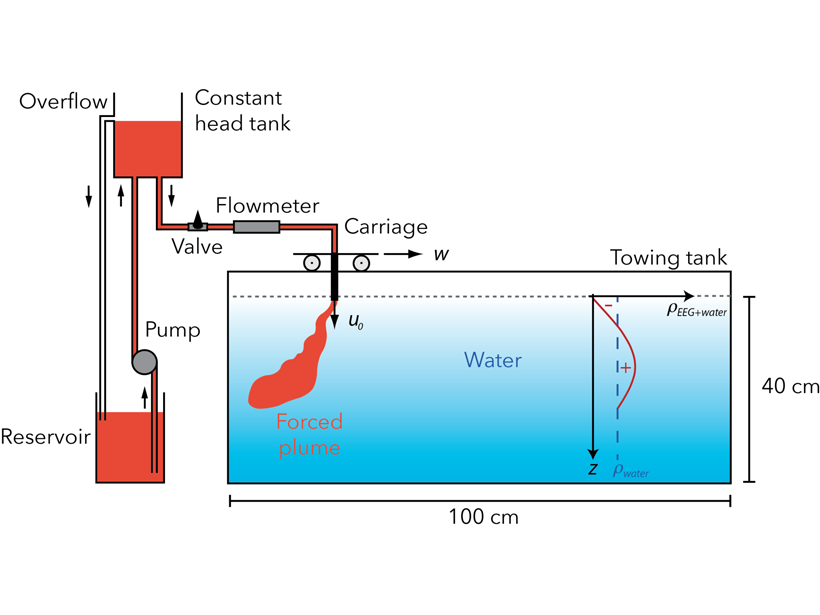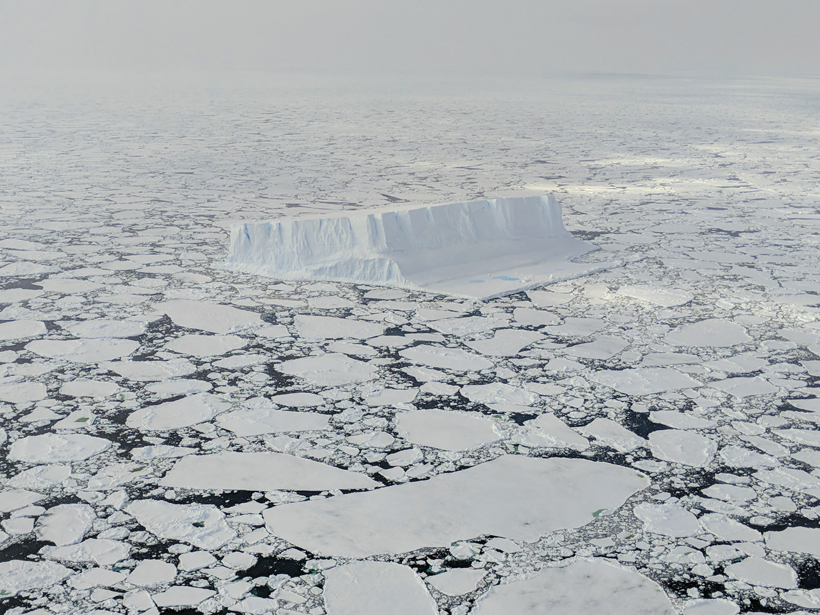Here are 10 practical steps that scientists can take to counteract the detrimental effects of abusive academic work environments.
CC BY-NC-ND 2020
A Slippery Slope: Could Climate Change Lead to More Landslides?
Scientists investigate whether warming temperatures and changing rainfall patterns could be triggering more landslides in mountainous areas.
By Land or Sea: How Did Mammals Get to the Caribbean Islands?
A multidisciplinary team is jointly investigating mammal evolution and subduction dynamics to unravel how flightless land mammals migrated to the Greater Antilles and other Caribbean islands.
Affordable Clean Energy Rule Threatens Progress of Clean Air Act
The scientific community must act to minimize the adverse air quality and health impacts of relaxed EPA regulation.
Europe Targets 100 Climate-Neutral Cities by 2030
Europe is launching an ambitious mission to decarbonize many of its urban areas within a decade. But is it realistic?
The Resurrection Plate Is Dead, Long Live the Resurrection Plate
Using a technique similar to taking a CT scan of Earth, researchers found the possible remnants of a long-debated “missing” tectonic plate.
New Insights from the Magnetic Properties of Fault Rocks
Magnetic studies offer a new strand for the analysis of faulting processes and could help with better understanding of fault rupture and earthquakes.
Sea Level Rise May Erode Development in Africa
The continent is enduring some of the highest global sea level rise. A new report identifies the western coast as particularly vulnerable to coastal erosion and saltwater intrusion.
The Importance of Wind for the Fate of Volcanic Eruption Columns
A theoretical model coupled to lab experiments on turbulent jets with reversing buoyancy sheds new light on the role of wind in controlling the dynamics of volcanic eruptive columns.
Antarctica in a Changing Climate
The impacts of the Antarctic Ice Sheet response to climate change will have global consequences for millions living near the coast. It’s just a matter of when.


